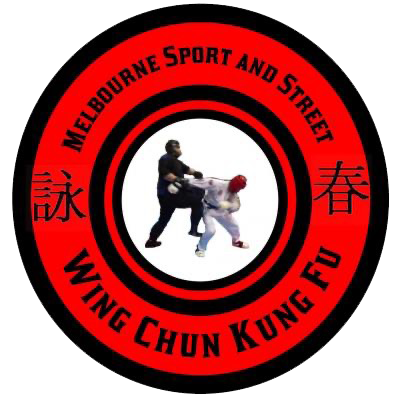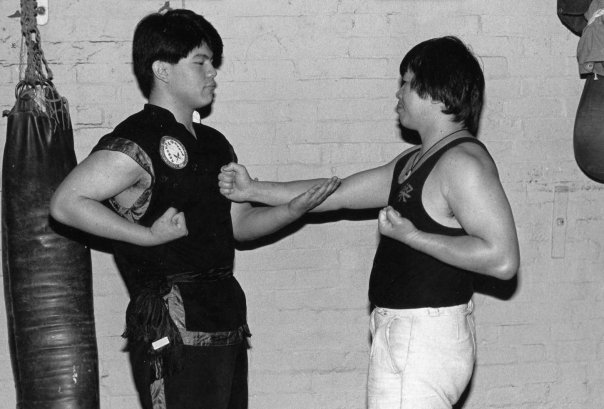Wing Chun Kung Fu’s Unique Sensitivity Training: How to Develop Reflexes and Awareness
By Maurice Novoa a master under the Yuen Kay Shan, Ip Man and Pan Nam lineages.
Introduction:
Sensitivity training is a distinctive aspect of Wing Chun Kung Fu that focuses on developing reflexes, awareness, and responsiveness. In this article, we will explore the importance of sensitivity training in Wing Chun and discuss various methods and techniques for enhancing reflexes and body awareness.
Understanding Sensitivity Training in Wing Chun
Sensitivity training, often known as Chi Sau or Sticky Hands, is a core practice in Wing Chun. It involves close-range hand contact and constant connection with an opponent’s movements, allowing practitioners to sense and respond to subtle changes in force, direction, and intention. Sensitivity training cultivates a heightened awareness and reflexive responses.
Developing Body Awareness
Developing body awareness is a crucial aspect of sensitivity training in Wing Chun. It enables practitioners to perceive and interpret the opponent’s intentions and movements. Here are two key techniques for enhancing body awareness:
Chi Sau (Sticky Hands)
Chi Sau is a dynamic exercise where practitioners engage in close-range hand contact with a training partner. Through constant contact, practitioners develop sensitivity, tactile awareness, and the ability to detect and respond to subtle shifts in pressure and force.
Lop Sau (Pulling Hand)
Lop Sau is a technique used to redirect an opponent’s force by “pulling” or guiding their energy. Practicing Lop Sau improves sensitivity, timing, and the ability to read an opponent’s movements. By actively engaging in Lop Sau drills, practitioners sharpen their body awareness and refine their reflexes.
Women’s Advantage in Chi Sau
It is noteworthy that women generally exhibit a higher level of sensitivity to touch compared to men. Research suggests that women have about 8 times more touch receptors in their fingertips, giving them a natural advantage in Chi Sau and sensitivity training. This heightened sensitivity allows women to detect and respond to subtle changes in pressure and movement, enhancing their effectiveness in Wing Chun practice.
Enhancing Reflexes
Reflexes are vital in Wing Chun as they allow practitioners to react swiftly and effectively. Here are two approaches to enhance reflexes in Wing Chun:
Drills for Speed and Accuracy
Drills that emphasize speed and accuracy help develop reflexes in Wing Chun. These drills focus on repetitive and precise movements, gradually increasing the speed to enhance reaction time and muscle memory. Examples include chain punching, multiple-attack drills, and quick-fire techniques.
Sensory Training
Sensory training involves refining the senses to detect and interpret subtle cues during combat. It includes exercises such as blindfolded drills, where practitioners rely on touch and sound cues to respond to attacks. Sensory training sharpens reflexes, enhances spatial awareness, and encourages quick decision-making.
Applying Sensitivity in Sparring
Sensitivity training in Wing Chun is not limited to drills and exercises but also finds practical application in sparring. By maintaining sensitivity and awareness during sparring sessions, practitioners can anticipate and respond effectively to their opponent’s movements. Sensitivity training allows for fluid adaptability, efficient defense, and counterattacks.
Benefits of Sensitivity Training
Sensitivity training in Wing Chun offers several benefits:
1. Enhanced reflexes and reaction time.
2. Heightened body awareness and sensitivity to subtle movements.
3. Improved timing and precision in techniques.
4. Increased adaptability and the ability to flow with the opponent’s energy.
5. Enhanced defensive capabilities and efficient counterattacks.
Conclusion
Sensitivity training is a unique and integral component of Wing Chun Kung Fu that fosters reflexes, body awareness, and adaptability. Through practices such as Chi Sau and Lop Sau, practitioners develop the ability to sense and respond to subtle changes in force and movement. By incorporating drills for speed, accuracy, and sensory training, reflexes can be further honed. Additionally, women’s inherent advantage in touch sensitivity provides them with a unique edge in Chi Sau. The continued dedication to sensitivity training in Wing Chun enables practitioners to cultivate a heightened state of awareness and responsiveness, enhancing their overall martial arts skills.

